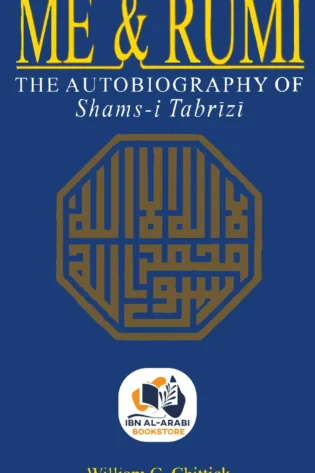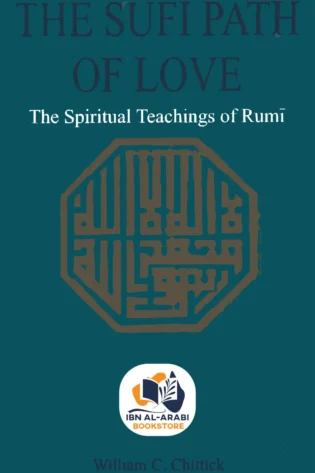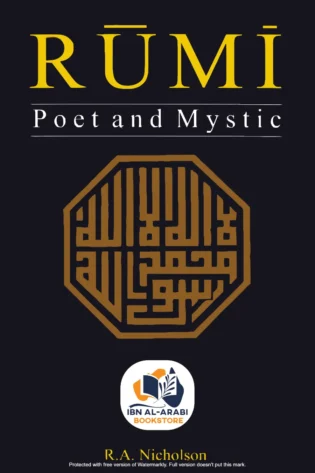- Your cart is empty
- Continue Shopping
Jalal ud Din Rumi
Jalāl al-Dīn Muḥammad Rūmī, commonly known as Rumi, was a 13th-century Persian poet, Islamic scholar, and Sufi mystic from Greater Khorasan in Greater Iran. He wrote most of his works in Persian, but also used Turkish, Arabic, and Greek occasionally. His masterpiece, the Masnavi (Mathnawi), composed in Konya, is regarded as one of the greatest poems in the Persian language. Rumi’s influence has transcended national and ethnic boundaries, with people from various regions, including Iranians, Kurds, Tajiks, Turks, Greeks, Pashtuns, and Muslims from the Indian subcontinent, cherishing his spiritual legacy for centuries. His poetry has left an indelible mark not only on Persian literature but also on Ottoman Turkish, Chagatai, Kurdish, Urdu, Bengali, and Pashto literary traditions. Today, his works are widely read in their original language in Greater Iran and the Persian-speaking world, and they have been translated into numerous languages and adapted into various formats. Rumi’s poetry enjoys immense popularity and acclaim worldwide, making him one of the most cherished and best-selling poets, particularly in the United States.








